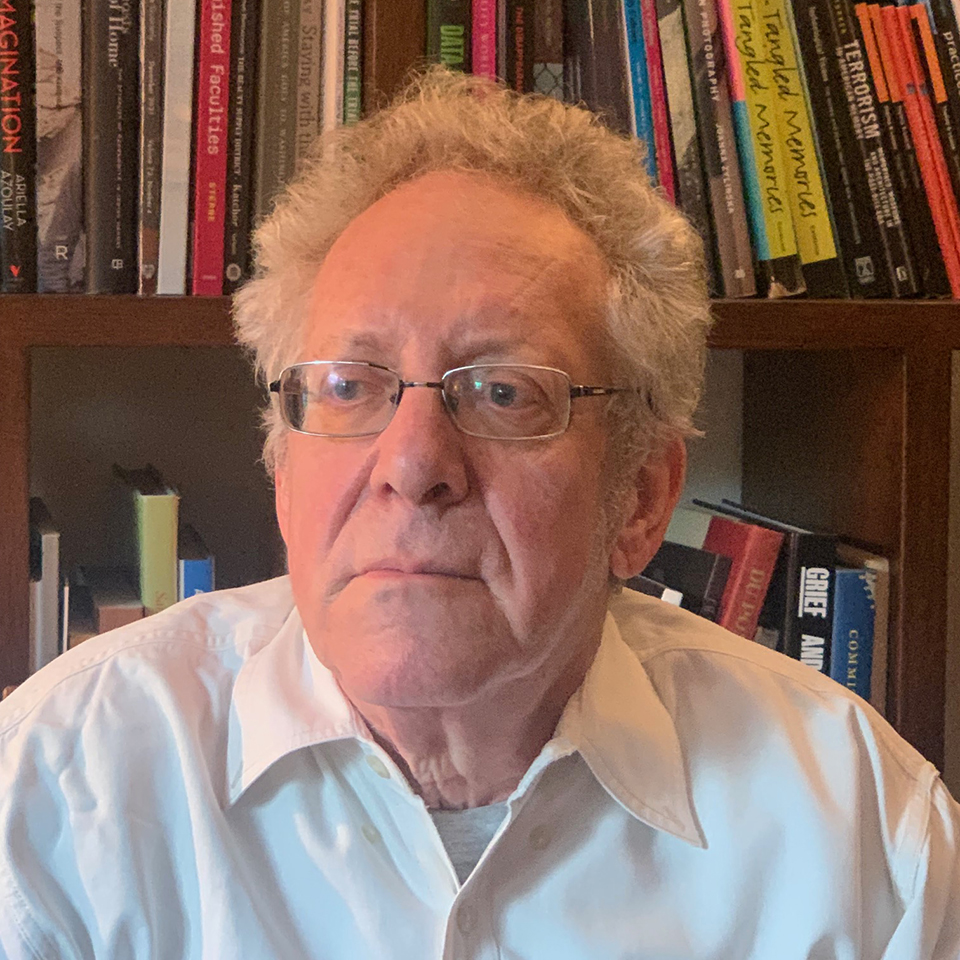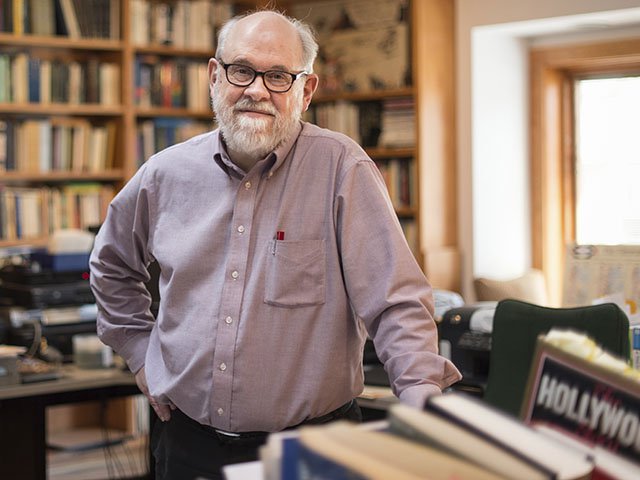With the passing of David Bordwell, the discipline of cinema studies loses one of its iconic scholars indeed.
Across books on individual directors (Ozu, Dreyer, Eisenstein, Nolan), national cinema movements (such as Hong Kong action, Hollywood narrative from the studio era to more recent manifestations, French Impressionist cinema), the poetics of cross-cultural narrative patterns and mise-en-scène/composition, as well as transformations in exhibition (Pandora’s Digital Box – on the implications of the transition to digital projection) along with meta-historical reflection and critical analysis of writers on film (The Rhapsodes, on 40s film critics), David Bordwell stood for a comprehensive and concise study of cinema in all its forms, across time and across lands.
One website memorial claims he likely had seen more films than anyone else, ever. And that might well be the case. I remember an essay of his in the journal Film History, that in setting out to talk about stylistic innovation in Japanese film from 1925 to 1945, said the survival of prewar features was small -- but he had analyzed 163 of them on editing tables. It wasn’t bragging. but just confirming the rigor of the analysis. (A decade later when the essay appeared in his book Poetics of Cinema a footnote recorded he’d since seen 41 more.)
Not merely his viewing but his reading was voracious, capacious, far-ranging and far-reaching: for instance, his masterly last book, Perplexing Plots: Popular Storytelling and the Poetics of Murder ranges – and these are only a few examples from this packed tome – from the high literary experimentation of Joyce and Conrad and dos Passos to the popular mystery or detective works of an endless array of writers and dramatists from Mary Roberts Rhinehart to Ed McBain up to very recent women’s thriller fiction. This is a book that, like his field-changing The Classical Hollywood Cinema: Film Style and Mode of Production to 1960 (1985), co-written with Janet Staiger (teaching at the time in our department) and Kristin Thompson, studies how narrative construction uses modes of narration and re-shapes both temporality and visual spatiality. Here, however, the examples come as much from literature, comics, and theater as from cinema. Perplexing Plots can easily make us feel that Bordwell has not only seen everything but read everything.
Bordwell last spoke in our department in 2011 in a rich talk that showed so many of his virtues in research and reflection. Titled "How Motion Pictures Became the Movies: Thirteen Years that Changed World Cinema,” it forms the basis for a video lecture he later posted online. As I remember it (and at risk of simplifying a complex argument buttressed by great frame-grabs and an array of telling examples), David studied two divergent traditions in the narrative handling of space as early cinema moved into feature film mode: a somewhat more European tradition of long-take and tableaux and an American one of fast analytic editing that broke up pro-filmic space in dynamic fashion.
He was an eloquent speaker and, as numerous testimonials have noted, a gracious interlocutor, combining his own thirst for ideas with warmth and fun and an openness to the ideas of others. In Bob Stam’s words, “I think reading Bordwell doesn’t give a sense of how funny he was in person. Very witty and spontaneous and performative.”
David taught for us as a visiting professor in 1979 and he came multiple times to the department to present his ongoing research. When NYU hosted the Society for Cinema Studies conference in 1985, he and Virginia Wright Wexman (then editor of Cinema Journal) offered a session called “What Makes a Good Cinema Program.” Our archive has an audio recording of that event and we plan to post it online soon.
That blog site now has over 1100 entries and is a fount of insights born from smart research and reflection. Kristin promises to keep re-issuing some of David’s entries so we will have yet another means by which to gain from this so intellectually resonant and affable voice for our field.
We join with our many colleagues and friends around the world in mourning the loss of David's presence even as we are grateful for the legacy of his writings and ideas.

